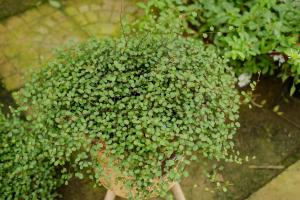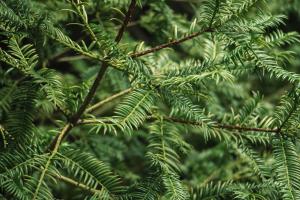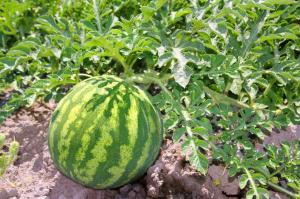When to Plant Vegetables in Seattle
Seattle, located in the Pacific Northwest, is known for its mild, often rainy climate. While this can make growing vegetables year-round challenging, with careful planning and attention to weather patterns, it's possible to enjoy a bountiful harvest. Here's what you need to know about when to plant vegetables in Seattle.
Planting in Spring
Spring is an exciting time for gardeners in Seattle, as the weather begins to warm up, and the days start getting longer. This is an excellent time to plant cooler weather crops such as peas, lettuce, spinach, and broccoli. These vegetables can be planted as soon as the soil can be worked, which is around mid-February to early March.
It's essential to keep an eye on the weather in the spring, as temperatures can fluctuate dramatically, and there's always a risk of late-season snowfall. Protecting your fresh new seedlings from an unexpected frost can be accomplished by covering them with blankets or plastic covers.
Planting in Summer
Summer is the peak growing season for most vegetables. In Seattle, summer temperatures can vary from warm and dry to cool and rainy, depending on the year. The key to a successful summer garden is to focus on heat-loving vegetables like tomatoes, cucumbers, eggplant, and peppers.
It's best to plant summer vegetables in late May to early June to ensure they have time to mature before the cooler weather of autumn sets in. Additionally, it's essential to keep the soil moist, but not water-logged, and to regularly fertilize your plants to encourage growth and fruiting.
Planting in Fall
Fall gardening is ideal for gardeners who want to extend the growing season as long as possible. Many cool-weather crops, such as beets, carrots, and radishes, prefer the cooler temperatures and shorter days of autumn. That being said, the growing season in fall is shorter than in the summer, so it's important to plant early.
It's best to plant fall vegetables in mid-July to early August to give enough time to mature before the first frost of the year. Additionally, it's essential to keep the soil moist, but not soggy, and to cover your plants if a hard freeze is predicted.
Conclusion
In conclusion, timing is crucial when it comes to planting vegetables in Seattle. By paying attention to the weather patterns and focusing on crops that thrive in both cooler and warmer weather, you can achieve a bountiful harvest. Whether you're a seasoned gardener or just starting, with a little preparation, you can grow fresh, healthy vegetables all year round.

 how many times do yo...
how many times do yo... how many planted tre...
how many planted tre... how many pine trees ...
how many pine trees ... how many pecan trees...
how many pecan trees... how many plants comp...
how many plants comp... how many plants can ...
how many plants can ... how many plants and ...
how many plants and ... how many pepper plan...
how many pepper plan...






























